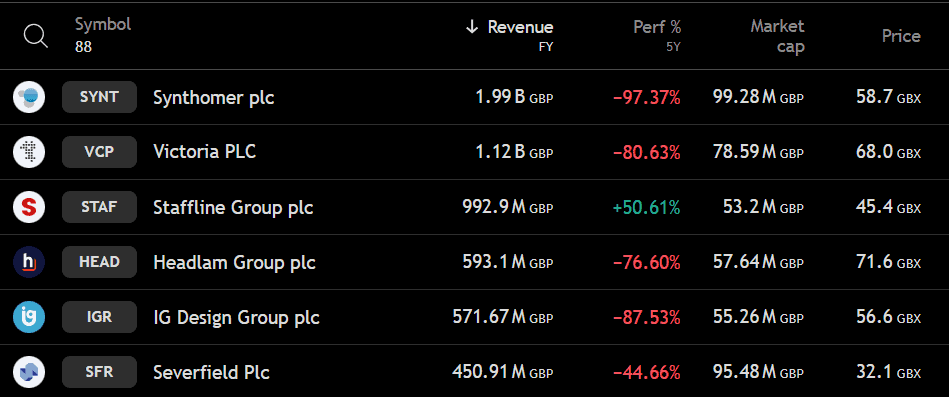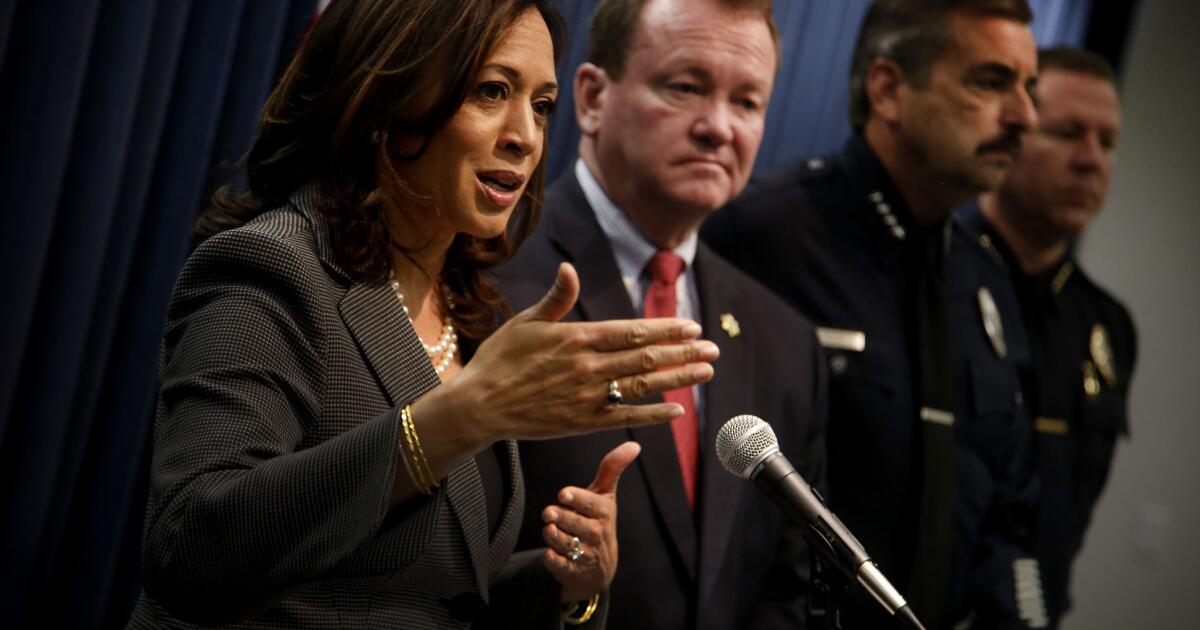Washington Nationals manager Davey Johnson laughs before a game against the Miami Marlins at Nationals Park in Washington, D.C. on Sept. 22, 2013. The All-Star second baseman, who won the World Series twice with the Baltimore Orioles as a player and managed the New York Mets to the title in 1986, has died.
Susan Walsh/AP
hide caption
toggle caption
Susan Walsh/AP
NEW YORK — Davey Johnson, an All-Star second baseman who won the World Series twice with the Baltimore Orioles as a player and managed the New York Mets to the title in 1986, has died. He was 82.
Longtime Mets public relations representative Jay Horwitz said Johnson’s wife, Susan, informed him of his death after a long illness. Johnson was at a hospital in Sarasota, Florida, when he died Friday, Horwitz said.
Johnson played 13 major league seasons with Baltimore, the Atlanta Braves, Philadelphia Phillies and Chicago Cubs from 1965-78 and won the Gold Glove three times while being voted an All-Star four times. He managed the Mets, Cincinnati Reds, Los Angeles Dodgers and the Washington Nationals during a span from 1984-2013.
Former Nationals general manager Mike Rizzo called it a tough day.
“Davey was a good man, close friend and a mentor,” Rizzo said in a text message. “A Hall of Fame caliber manager with a baseball mind ahead of his time.”
Darryl Strawberry, a member of the ’86 Mets, on social media called Johnson a remarkable leader who transformed the franchise into a winning organization.
“His ability to empower players to express themselves while maintaining a strong commitment to excellence was truly inspiring,” Strawberry posted on Instagram with a photo of him, Johnson and Dwight “Doc” Gooden. “Davey’s legacy will forever be etched in the hearts of fans and players alike. My heartfelt condolences go out to Susan Johnson and the entire Johnson family during this difficult time. He will be missed but remembered for his incredible impact on the game and the lives he touched.”
“He knew how to get the best out of everyone”
Ryan Zimmerman, who played for Johnson with Washington from 2011-13, said Johnson was an even better human than he was a baseball man.
“He knew how to get the best out of everyone — on and off the field,” Zimmerman said in a text message. “I learned so much from him, and my career would not have been the same without my years with him. He will be deeply missed by so many people.”
Johnson was AL manager of the year in 1997 when Baltimore won the division. He was NL manager of the year in 2012 when the Nationals made the playoffs for the first time since the move from Montreal.
“Davey was a world-class manager,” owner Mark Lerner said in a statement. “I’ll always cherish the memories we made together with the Nationals, and I know his legacy will live on in the heads and minds of our fans and those across baseball.”
This story originally appeared on NPR













